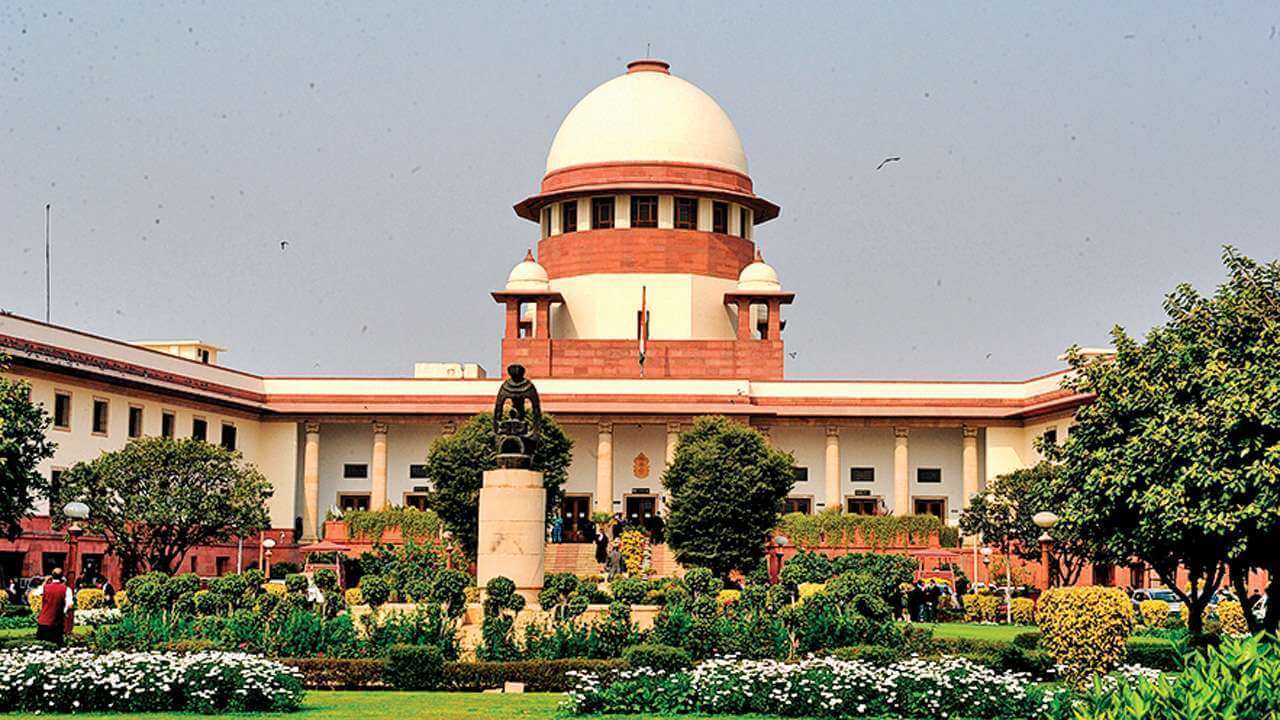New Delhi: A bench of Chief Justice of India UU Lalit and Justice S Ravindra Bhat will hear at least 220 petitions challenging the Citizenship (Amendment) Act, 2019.
The petitions against the CAA, which came into force on January 10, 2020, were first heard in the Supreme Court on December 18, 2019. The last hearing on this was on June 15, 2021. The CAA was passed by the Parliament on December 11, 2019, following which there were protests in many parts of the country.
The petitioners
The petitioners include Indian Union Muslim League (IUML), a Kerala-based political party, Trinamool Congress MP Mahua Moitra, Congress leader and former Union Minister Jairam Ramesh, who said the Act is a “merciless attack” on the basic fundamental rights envisaged under the Constitution and considers “equal as unequal”.
All India Majlis-e-Ittehadul Muslimeen (AIMIM) leader Asaduddin Owaisi, Congress Leader Devvrat Saikia, NGOs Rihai Manch and Citizens Against Hate, Assam Advocates Association and law students are among many others who challenged the CAA.
In 2020, Kerala became the first state to challenge the CAA in the Supreme Court.
About the CAA act
The 2019 Act amended the Citizenship Act, 1955, which makes illegal migrants eligible for citizenship if they belong to (a) Hindu, Sikh, Buddhist, Jain, Parsi or Christian communities, and (b) are from Afghanistan, Bangladesh or Pakistan.
The law accelerates the process of granting citizenship to the above mentioned.
It is applicable only to expatriates who entered India on or before December 31, 2014. As per the amendment, certain areas of the Northeast have been exempted from the provision.
CAA Act is a ‘benign law’ – Centre
The top court had earlier issued notice to the Centre and refused to pass an interim order staying the law without hearing the Centre.
In March 2020, the Centre filed its affidavit before the top court stating that the CAA Act is a “benign law” that does not affect the “legal, democratic or secular rights” of any Indian citizen.
At the same time, while calling the law legal, the Center had said that CAA does not violate any fundamental right, there was no question of violating constitutional morality. The petitions argued that the Act, which accelerates the grant of citizenship to non-Muslim migrants from Pakistan, Bangladesh and Afghanistan, and promotes religion-based discrimination.
The amendments have also been challenged on a number of grounds including violation of secularism, Articles 21 (right to life), 15 (prohibition of discrimination on grounds of religion, race, caste, sex or place of birth) and 19 (right to freedom).










